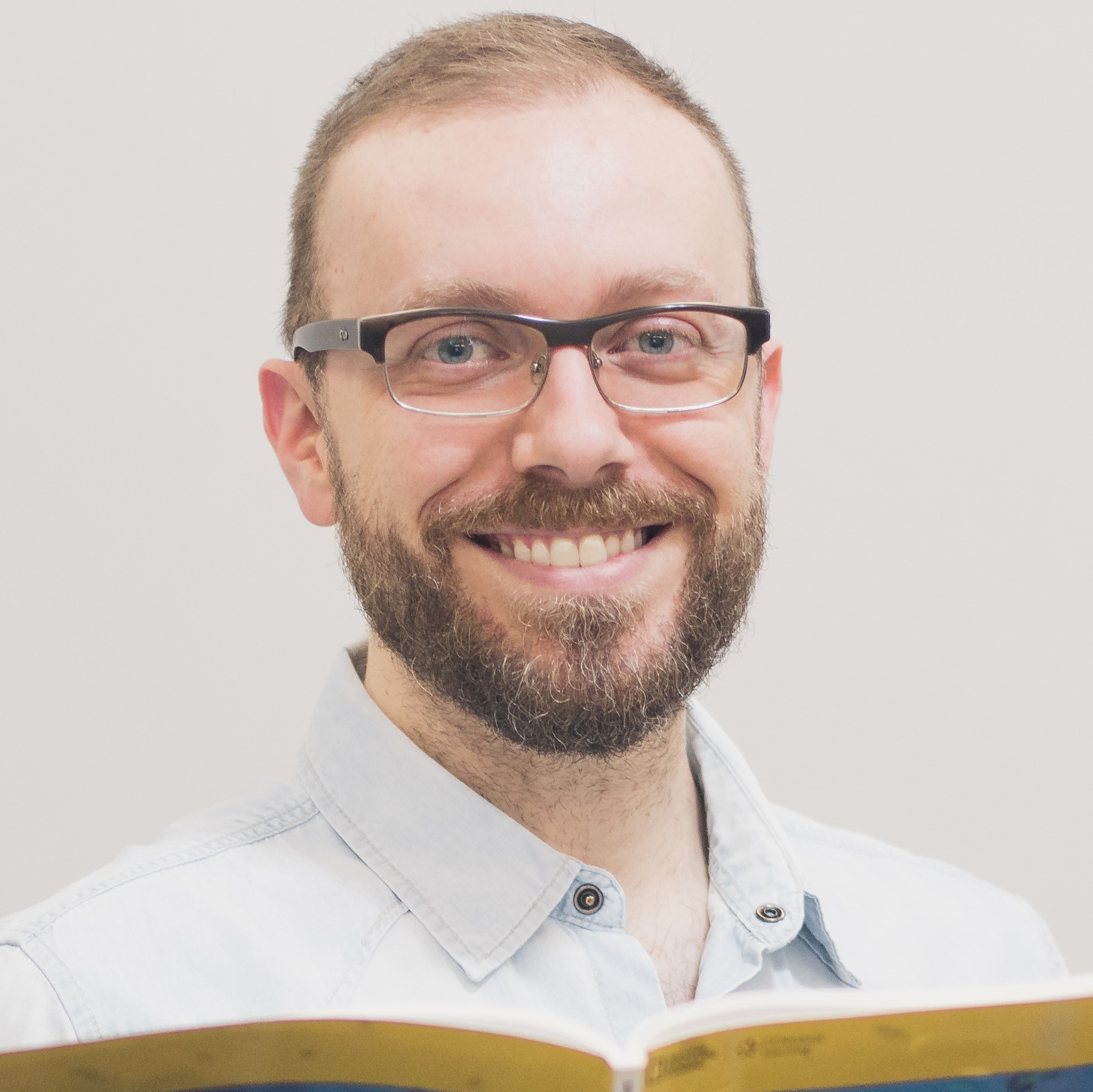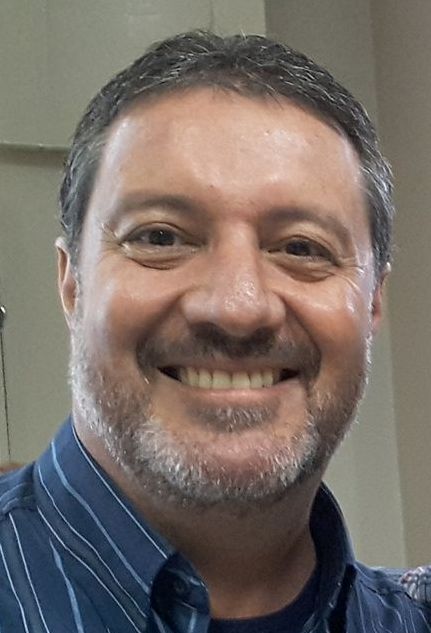Making it Visible: Shedding Light on What Happens Beyond the Book
Multiple choice: Your kid came home singing in English and you: a) record a video and share it in the family group chat b) congratulate their English teacher c) believe the school’s bilingual program is a success d) try to find the song in the coursebook A school is a place filled with stimuli,...Read More









